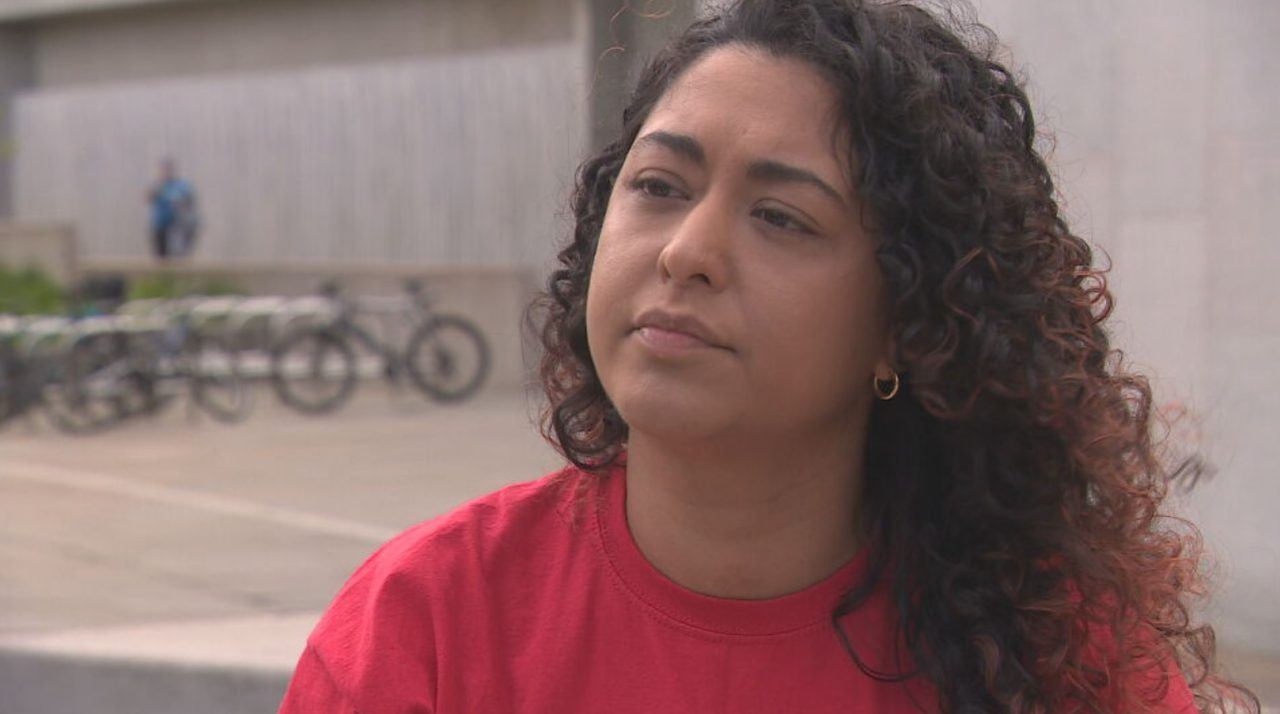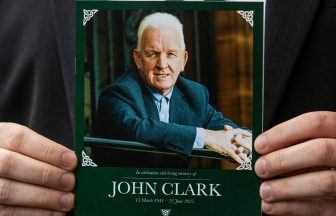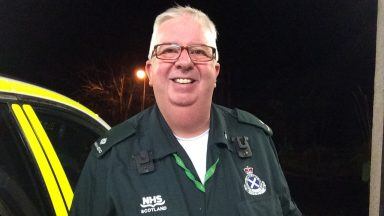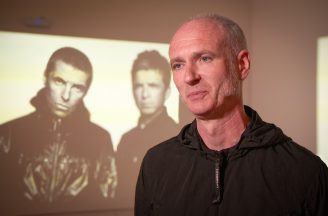A campaigner who has battled ME since she was 18 warns sufferers are falling through the cracks of the health service.
Karima Rahman experiences post-exertional fatigue, nausea and headaches and struggles to perform basic household chores as a result of the illness.
Myalgic encephalomyelitis, also called chronic fatigue syndrome or ME/CFS, is a long-term condition with a wide range of symptoms.
There are around 20,000 in Scotland living with persistent and fluctuating symptoms including post exertional malaise, pain and cognitive dysfunction.
The condition can affect anyone, including children, but is more common in women and tends to develop between the person’s mid-20s and mid-40s according to the NHS.
ME Action Scotland campaigner Karima, 31, works remotely three days a week and has lived with the condition for since 2010.
She told STV News: “I work three days a week and spend the rest of it recuperating. I can appear quite well but my body will flare with symptoms as a result of energy expenditure.
“Everyday household tasks such as washing up and hoovering really set me back.
“Within our community my ME is considered mild, which shows how low the bar for a quality of life is. I consider myself extremely lucky.
“Around 25% are lying in bed at home, they’ve basically been in lockdown for a decade. Exertion for them is sitting up or making it to the toilet.”
The Scottish Government promised to implement parts of new NICE practice guidelines for treating ME last year to help end “scepticism and disbelief” around the illness.
But patients say specialist services are still not available.
Ms Rahman added: “There’s no training, no support. It’s not high on their priority list.
“Healthcare professionals can and should play a role in supporting people. We need to see that continued professional development to get up to date with where we are now.
“There are some that really try but do not have that support or the structure in place.
“Even if the GP asked, there’s nowhere to send people.
“I found the patient community often offers more support than healthcare professionals.”
Ms Rahman’s own health journey reflected what many other sufferers have faced.

She recalled being “dismissed and disbelieved ” by doctors when she first presented her symptoms.
“I was basically told to get out and try cheering up,” she said. “It took me five years to get a diagnosis.”
“We don’t have the test for biomarkers to show people what is happening to our cells and that something is wrong. It’s taking a long time to try to get there.”
She added: “What people with ME are saying is ‘see us and believe us.’ This is real.
“It’s about truly taking time to believe and understand this condition which has a vast, debilitating impact on people’s lives.”
Jo Bruce has been living with ME for 20 years and was forced to leave her career in finance in 2015 due to her worsening symptoms.
She recalled being “exhausted to the bone” after going walks at the weekend with her husband and experiencing flu-like symptoms in the days following.
“One of the cardinal symptoms of ME is post exertional malaise, which means all of your symptoms skyrocket after even limited activity.
“It’s been very challenging. I didn’t want to let my career go and it has been financially hard to adapt to one income.
“For a long time it has been psychologised. There are no treatments available – for a long time we were offered CBT and graded exercise therapy and what ended up happening is many of us simply got worse.”
She said she understands doctors are “overworked and underfunded” but remains frustrated with some attitudes within the medical profession towards ME.
Mrs Bruce added: “When you go to the doctor’s office with any sort of self-education, that is taken as an affront to their time in medical school. You’ll be lucky to meet one that has had an hour’s training in ME.
“As someone desperate to get better, I’m an expert in my condition. Some doctors resent that.
“There are stories far worse than mine. People have been dismissed and humiliated.
“It’s about time it was taken seriously.”
A Scottish Government spokesperson said: “We want to improve care for people living with Myalgic Encephalomyelitis (ME) / chronic fatigue syndrome CFS and it is incredibly important to us to listen to our stakeholders about what changes would be most impactful.
“We have funded Action for ME and partners to disseminate an online learning module on ME/CFS for GPs and health professionals, authored by Dr Nina Muirhead, which aims to support person-centred care, informed by good practice and current research.
“In addition to Scottish Government activities, NHS Education for Scotland are leading on a Group Learning CPD module for GPs, Pharmacist and Nurses working in General Practice/Primary Care.”
Follow STV News on WhatsApp
Scan the QR code on your mobile device for all the latest news from around the country
























